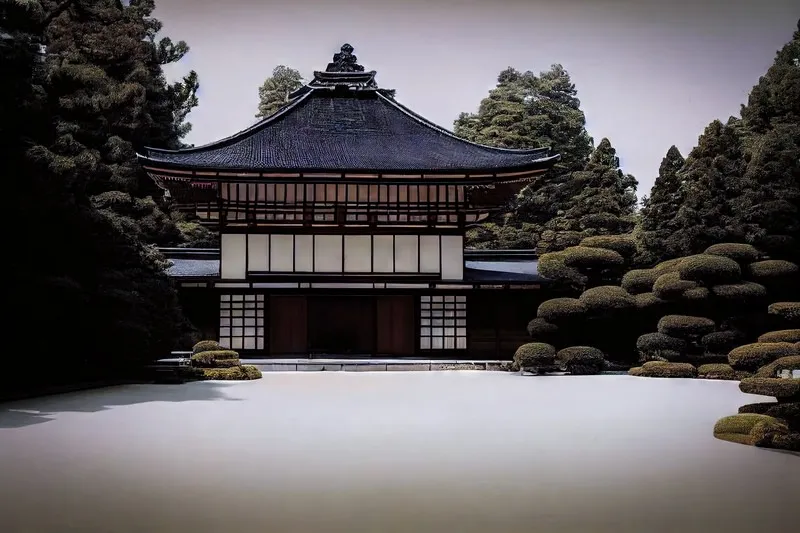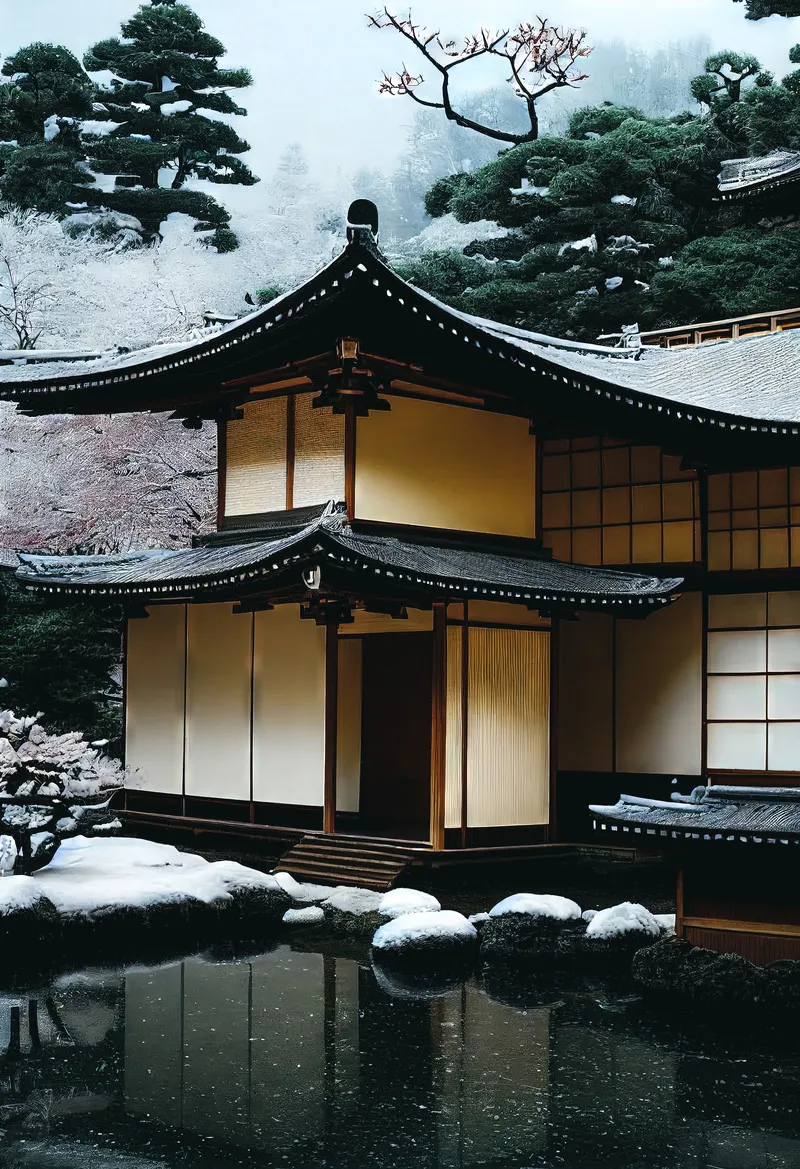December 9, 2023
Zen Gardens - A Peaceful Sanctuary for the Soul
Understanding the Origins and Philosophy of Zen Gardens - Tranquil Spaces for Meditation and Harmony
Discover the Origins and Philosophy of Zen Gardens - Tranquil Spaces for Meditation and Harmony. Explore the beauty and meaning behind these serene gardens, originally created by Zen Buddhist monks in 14th century Japan. Experience the simplicity, harmony, and natural connection that defines Zen gardens.
Zen gardens, tranquil spaces have the power to transport you to a place of serenity and calm. In this article, we will explore the beauty and philosophy behind these unique gardens, as well as their origins and elements.
The Origins of Zen Gardens
Zen gardens, also known as Japanese rock gardens or dry landscape gardens, originated in Japan during the 14th century. They were initially created by Zen Buddhist monks as spaces for meditation and contemplation. The design of these gardens reflects the principles of Zen philosophy, which emphasizes simplicity, harmony, and a deep connection with nature.
The Elements of Zen Gardens
Zen gardens are designed to evoke a sense of tranquility and harmony. They typically consist of several key elements:
- Raked Gravel or Sand: The raked patterns in the gravel or sand symbolize the ripples of water or waves, creating a calming effect.
- Rock Arrangements: Large rocks, known as islands, are strategically placed in the garden to represent mountains or islands. These rocks are carefully chosen for their shape and texture.
- Moss and Plants: Minimal vegetation is used, predominantly moss and small bonsai trees, to create a lush yet simple greenery.
- Bridges and Paths: Paths of stepping stones or bridges lead visitors through the garden, encouraging a mindful, unhurried walk.
- Water Features: Some Zen gardens include small water features such as ponds or water basins, symbolizing purity and tranquility.
The Zen Philosophy
At the core of Zen gardens is the belief in the interconnectivity of all things. Every element in a Zen garden is thoughtfully chosen and placed to create a harmonious and balanced composition. Zen gardens aim to quiet the mind, leading to a state of mindfulness and self-reflection.
By immersing yourself in the simplicity and natural elements of a Zen garden, you can experience a sense of peace, clarity, and a deeper connection with nature. These gardens provide a sanctuary from the fast-paced and stressful modern world, allowing you to find solace and recharge your spirit.
Conclusion
Zen gardens are much more than aesthetically pleasing spaces. They are a testament to the power of mindfulness and the ability of nature to heal and restore our souls. So, next time you find yourself seeking a moment of tranquility, consider visiting or creating your own Zen garden to experience the peace it can bring.
Relevant, Concise Title: Discovering the Serenity of Zen Gardens



